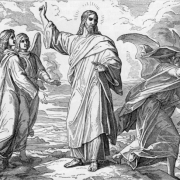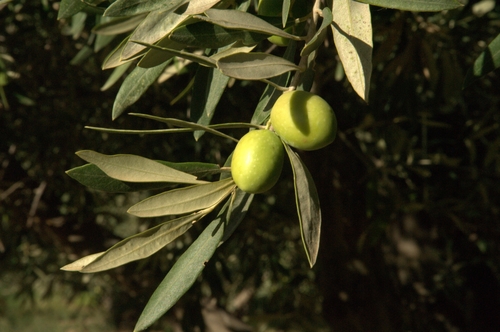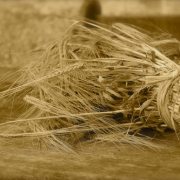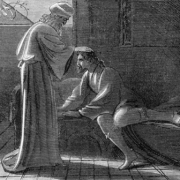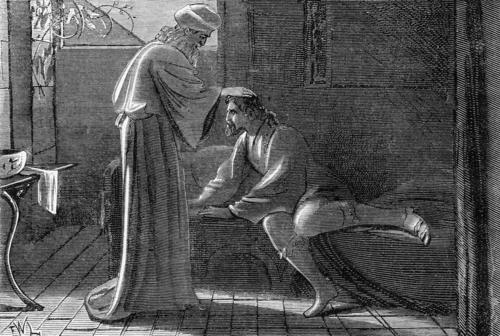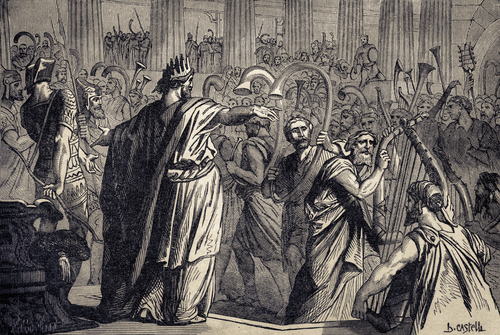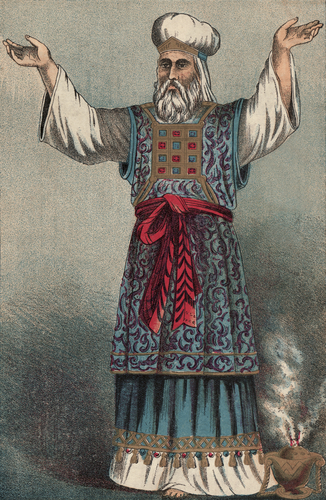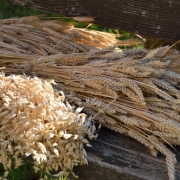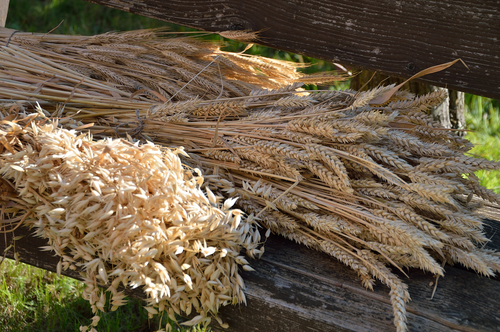Your year-end generosity to Enduring Word is appreciated. Click here to donate.
Dear Pastor, Preacher, or Bible Teacher –
I pray that this email reaches you finding some refreshment in his holiday season. Those of us who serve God’s Church know that often these weeks are exhausting and filled with pressure. These weeks can also be discouraging, but I hope that this word from the prophet Amos will both encourage and inspire you:
“Behold, the days are coming,” says the LORD,
“When the plowman shall overtake the reaper,
and the treader of grapes him who sows seed;
the mountains shall drip with sweet wine,
and all the hills shall flow with it.” (Amos 9:13)
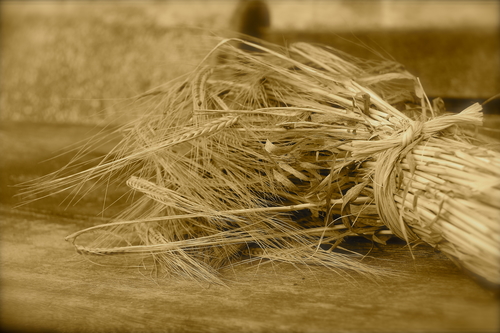
The book of Amos is filled with many strong warnings to God’s people. In their prosperity they forgot God, but God did not forget them. He sent prophets like the simple farmer Amos to turn the people back. God knew that they would not turn back and He said so through Amos. Nevertheless, God would not abandon His failing people, and He promised an ultimate restoration. Here, in the rich images that came easily to a farmer like Amos, God promised remarkable reinvigoration of the nation.
He announced that The days are coming and under God’s inspiration, the prophet Amos ended his words to the nation on this note of high hope, looking forward to a day of great prosperity and abundance in Israel. Under the reign of Jeroboam II, they had material abundance, but not in the Lord. God promised to restore them to prosperity from Him and in Him.
Indeed, the days would come When the plowman shall overtake the reaper. With this phrase, Amos described how miraculous and amazing God’s blessing and restoration would be.
First, when God releases blessing and restoration, fruit comes abundantly. Normally, the plowman and the reaper work apart, their effort separated by many months. But under these unique seasons of blessing and restoration, those normally separated seasons bump into each other. The crops were so big that the plowman and the reaper didn’t have time to let the other finish their work. We should pray for such seasons of abundant fruit.
We also see that when God releases blessing and restoration, fruit comes from unexpected places. Normally, grapevines don’t grow well on mountains or high hills, but in the days of Israel’s restoration even the mountains shall drip with sweet wine and all the hills shall flow with it. We should pray for such seasons of unexpected fruit.
When God releases blessing and restoration, fruit comes with great quality. Amos looked forward to the day when the wine that came abundantly and from unexpected places would be sweet wine. Without being a wine connoisseur, Amos used this phrase to describe good and high-quality fruit from the work. We should pray for such seasons of good fruit.
When God releases blessing and restoration, the work is blessed – but it is still work. The plowman, the reaper, the treader of grapes, and him who sows seed still had their work to do. God doesn’t just do it all for them, but under God’s blessing and restoration the work is done with energy and joy. The plowman doesn’t just wait around; he gets busy even if he starts bumping into the reaper.
These seasons of unexpected blessing do not mean that God’s people sit on their hands and do nothing. There is still work for the plowman and the reaper, but it is glorious, blessed work.
The great English preacher Charles Spurgeon described this kind of blessed work: “I meet with my brethren in the ministry. who are able to preach day after day, day after day, and are not half so fatigued as they were; and I saw a brother minister this week who has been having meetings in his church every day, and the people have been so earnest that they will keep him very often from six in o’clock in the evening to two in the morning. ‘Oh!’ said one of the members, ‘our minister will kill himself.’ ‘Not he,’ said I, ‘that is the kind of work that will kill no man. It is preaching to a sleepy congregation that kills good ministers, but not preaching to earnest people.’ So when I saw him, his eyes were sparkling, and I said to him, ‘Brother, you do not look like a man who being killed.’ ‘Killed, my brother,’ said he, ‘why I am living twice as much as I did before; I was never so happy, never so hearty, never so well.’”
Even when we are not in such blessed times, the work of God deserves our energy and effort. We don’t work for God only when it seems glorious, but even when it is more difficult. We are ready in season and out of season. Yet without apology we look forward to and enjoy special seasons of God’s blessing – and especially, we pray for them.
Blessings to you in Jesus’ Name – David Guzik
Click Here to Receive Email from David for Pastors, Preachers, and Bible Teachers


